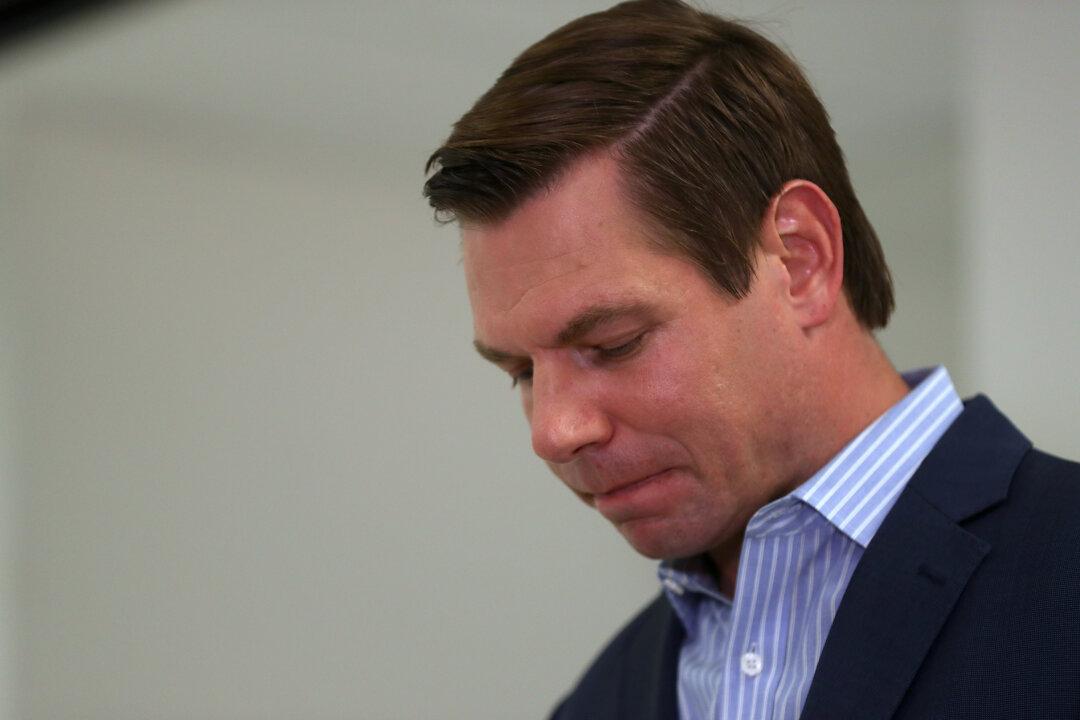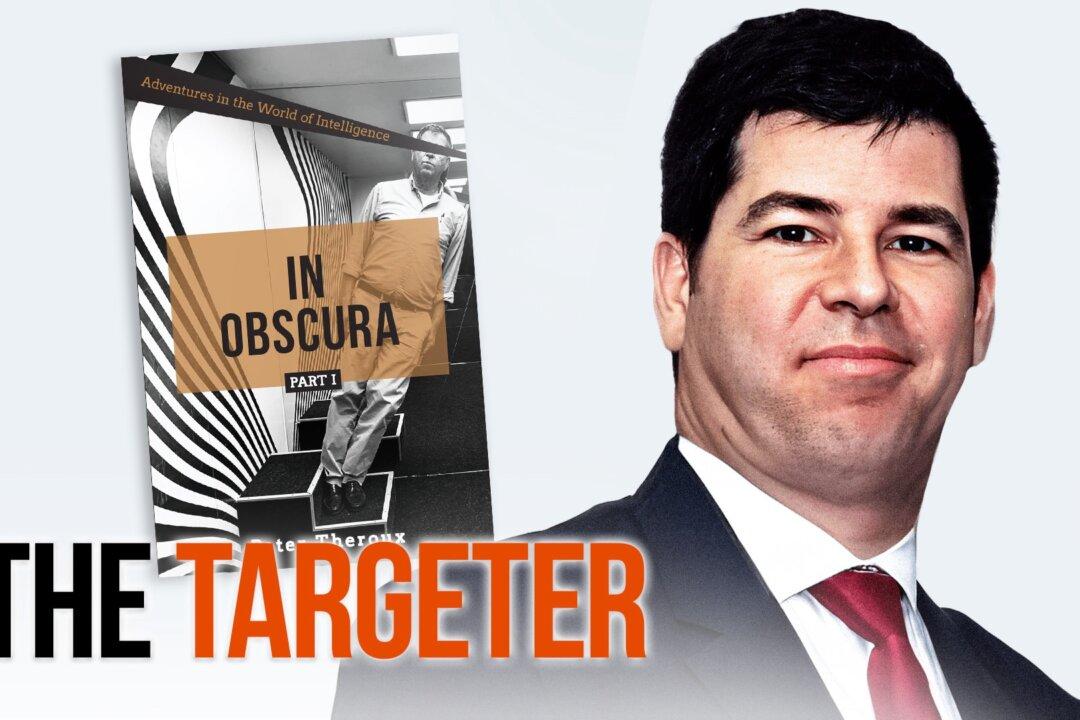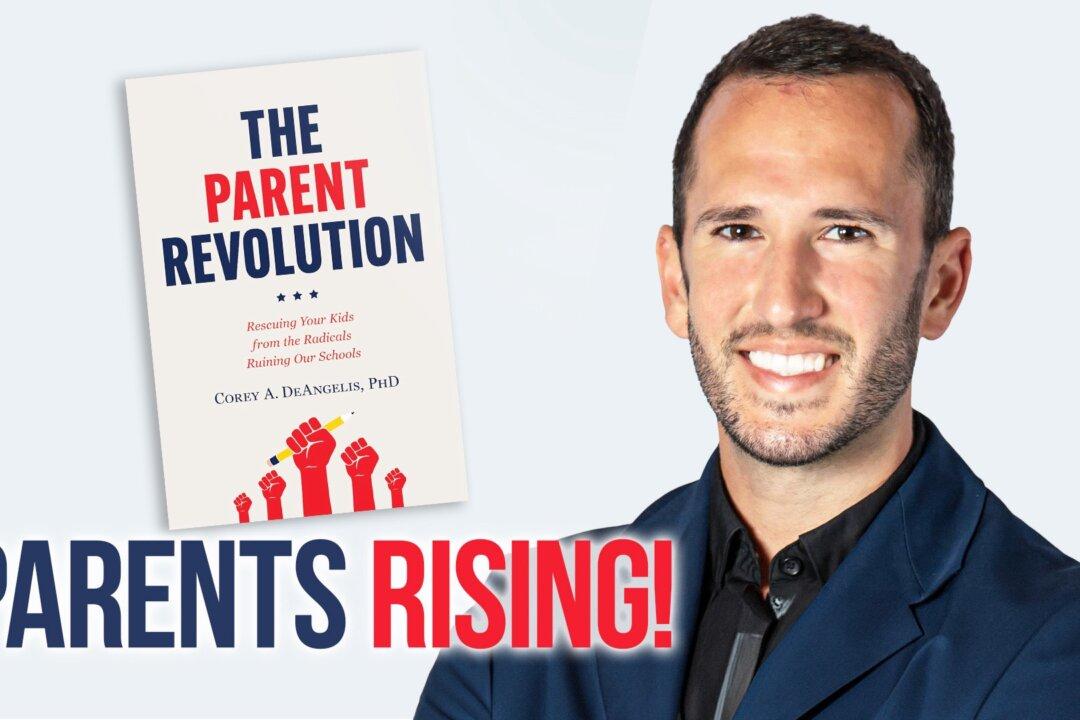Commentary
A report earlier this week revealed that a suspected agent of Chinese intelligence had cultivated the mayors of American cities and other local politicians, including one former council member of a small San Francisco Bay Area town who is now a member of the U.S. House of Representatives, Eric Swalwell.





